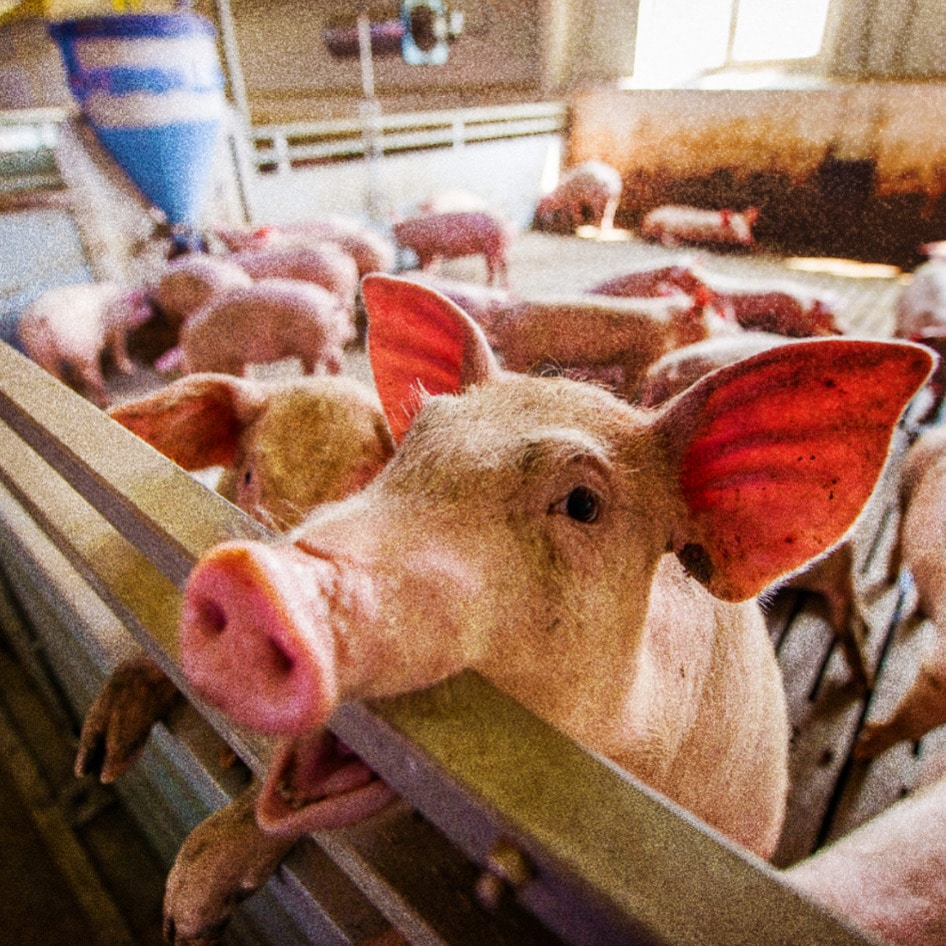Drury University Offers Animal-Rights Education
Thanks to a generous $1 million endowment, Drury University is on its way to offering a groundbreaking Animal Rights undergraduate curriculum.
November 16, 2009
With the help of one famous alumnus, Drury University in Springfield, Mo., is giving the Heartland a humane education. Longtime host of The Price is Right Bob Barker contributed $1 million to Drury, establishing a full-time professorship for Animal Rights. Patricia McEachern, a professor of French and director of the previously formed Forum on Animal Rights (also made possible by Barker), will oversee the development of the curriculum full-time, now able to devote herself completely thanks to the Dorothy Jo Barker Endowed Professorship, named for Barker’s late wife. Over the next year, McEachern hopes to add at least two more courses, slowly building the Forum up to a possible minor, and, eventually, major area of study. McEachern gave VegNews her insight into this advancement for animal-rights education.
VegNews: Why is it important to offer animal-rights courses at the college level?
Patricia McEachern: The decisions we make about how we interact with animals affect them and us profoundly. These students are our future judges, doctors, lawyers, veterinarians, writers, and politicians. I hope that future decisions they make about how they choose to live their lives with regard to human-animal interactions will be made based on knowledge and respect. The time is right for this kind of education. Americans love animals and they are more interested in how we treat animals now than ever before in my lifetime.
VN: What are the short-term effects you’ve seen the course have on students? What do you foresee for the long-term?
PM: There are students enrolled who might otherwise not have learned about animals-rights issues. Most of them are interested in animals, but they were unaware of many of the harsh realities. When reading student journals, I am impressed by how often they say that they have made changes because of what they have learned. I have also noticed that a number of them are struggling with whether or not to make changes in their personal lives. I see that as a predictor of both short-term and long-term effects.
VN: Do you have a favorite person discussed in the course?
PM: Bob Barker! He generously made an appearance in the Animal Ethics class and gave students an inside view of the terrible exploitation of animals in entertainment. No one else could have presented the material with as much authority, experience, or compassion.
VN: You also nominated Barker for his Honorary Doctorate degree from Drury. What compelled you to take that step?
PM: Bob made an enormous impact on me when I saw the news coverage of the “fur flap” back in the 1980s. That was when he stopped working with the Miss USA and Miss Universe pageants because the producers refused to honor their promise to him that the contestants would no longer wear fur coats. There were some philosophers writing about animal rights at the time, but Bob Barker was working in the trenches, and his efforts encouraged many of us who cared about animals. In addition, his spay/neuter message at the end of The Price is Right has done more to “help control the pet population” than any other effort I know of.
VN: What is your personal relationship with animal rights?
PM: I stopped eating meat at the age of fourteen after spending a few weeks on a farm. At the time, I had never heard the word “vegetarian;” I thought I was the only one in the world. We have come a long way since then. Not eating meat no longer makes a person seem like a social oddity.
VN: If there is one thing you hope students learn from your courses, what would it be?
PM: Respect, respect, respect. Animals are sentient beings who deserve our respect and our compassion.
JUMP TO ... Latest News | Recipes | Guides | Health | Subscribe







